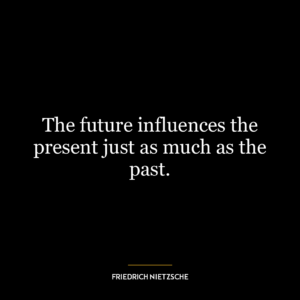This quote suggests that in every situation, action, or person, there exists a duality of pardonable and condemnable elements. It speaks to the inherent complexity of life and human nature, emphasizing that nothing is entirely good or bad. Instead, everything is a blend of both, and our perception often depends on which aspects we choose to focus on.
In a deeper sense, the quote also hints at the subjective nature of morality. What one person may find to pardon, another might condemn. This can lead to a wide array of perspectives on a single event, action, or individual, further underlining the complexity of human perception and judgment.
Applying this idea to today’s world, it could be seen in the polarized views that exist on various issues. Whether it’s politics, social issues, or even personal beliefs, people often have strong, differing opinions. One person might condemn a certain action while another pardons it, based on their individual perspectives, experiences, and values.
In terms of personal development, this quote could be a reminder to cultivate empathy and understanding. It encourages us to recognize that there are always multiple sides to a story, and that people’s actions often have both positive and negative aspects. By being aware of this, we can approach situations with a more open mind, be less quick to judge, and better understand others’ perspectives. It also allows us to acknowledge our own flaws and strengths, and understand that it’s okay to be a work in progress.










